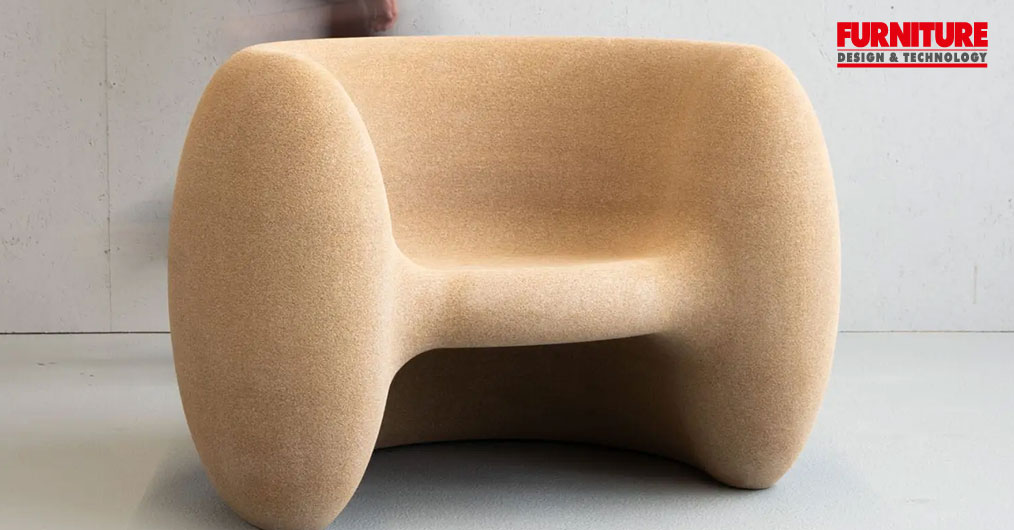
Wood, celebrated for its timeless beauty and versatility, faces modern concerns such as deforestation, carbon emissions and waste generation. In response, econitWood introduces an eco-friendly process that redefines the use of wood-based materials, promising a more sustainable future for interior architecture and design. econitWood revolutionizes sustainable wood manufacturing by transforming sawdust into innovative design materials, addressing critical environmental challenges. Know more about it on FURNITURE DESIGN AND TECHNOLOGY (FDT).
The econitWood process is a groundbreaking, environmentally conscious method for creating wood-based materials from wood residues and by-products. Utilizing advanced technologies, this process minimizes environmental impact while producing products like particleboard, MDF and other engineered wood materials. Founded in Germany by experts in forestry, materials science, engineering and business, econitWood aims to tackle the wood industry’s pressing issues, including deforestation and waste generation, while meeting the growing demand for sustainable materials.
The resulting material boasts high sound-absorbing, thermal insulation and fire-resistant qualities, potentially achieving CO2 neutrality. The zero-waste philosophy and efficient use of raw materials underpin the econitWood technology. Unlike traditional manufacturing, which often results in significant material wastage, econitWood maximizes the use of wood resources by employing wood residues and by-products from industrial processes like sawdust, wood chips and forestry waste. This approach supports a circular economy, promotes sustainable forestry practices, and reduces the need for virgin wood.
Moreover, econitWood enhances sustainability throughout its production process. It incorporates eco-friendly adhesives, such as bio-based adhesives or those with low formaldehyde content, improving indoor air quality. The production process is designed to minimize energy consumption, featuring energy recovery systems that capture and reuse heat, thus reducing the carbon footprint and operational costs. Water-saving techniques and closed-loop systems significantly reduce water consumption by treating and recycling water used during production, further minimizing the environmental footprint.
The integration of 3D printing technology allows for the creation of precise geometric shapes, preserving the wood’s CO2 absorption capacity and expanding its functional and aesthetic possibilities. This innovative approach was showcased during Milan Design Week 2024, where Italian designer Harry Thaler presented the Printed Nature exhibition, featuring a series of wooden furniture elements created through econitWood’s 3D printing process. The exhibition highlighted the potential of econitWood technology in producing functional and sustainable design pieces.
Beyond furniture design, econitWood has various applications in construction, including building materials such as particleboard and MDF for flooring, roofing and wall panels. It also offers sustainable packaging solutions, providing an eco-friendly alternative to traditional packaging materials.
Image credit: econitWood
Furniture Design India and the magazine FURNITURE DESIGN & TECHNOLOGY (FDT magazine) are from the trusted 22-year-old media house of SURFACES REPORTER and PLY REPORTER.
FDT is a B2B monthly bilingual magazine from India that shares the pulse of the furniture business in India and connects the manufacturers, OEMS, product designers, architects, showrooms, designers and dealers.
Read More© 2026 Furniture Design and Technologies.. All Rights Reserved. Developed by eyeQ Advertising